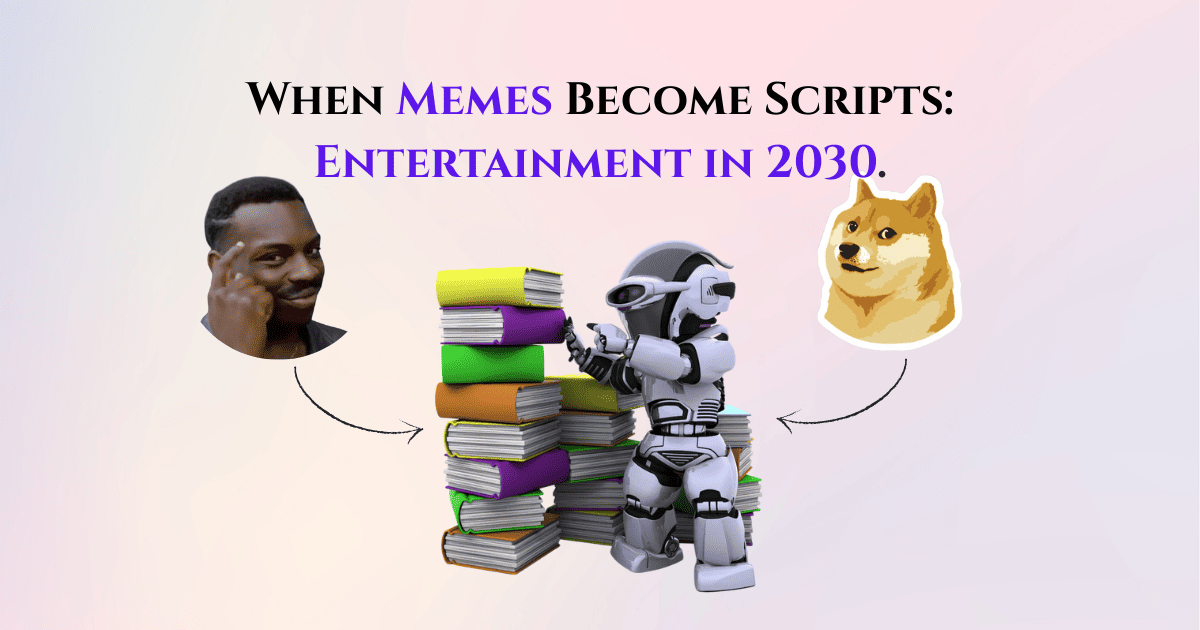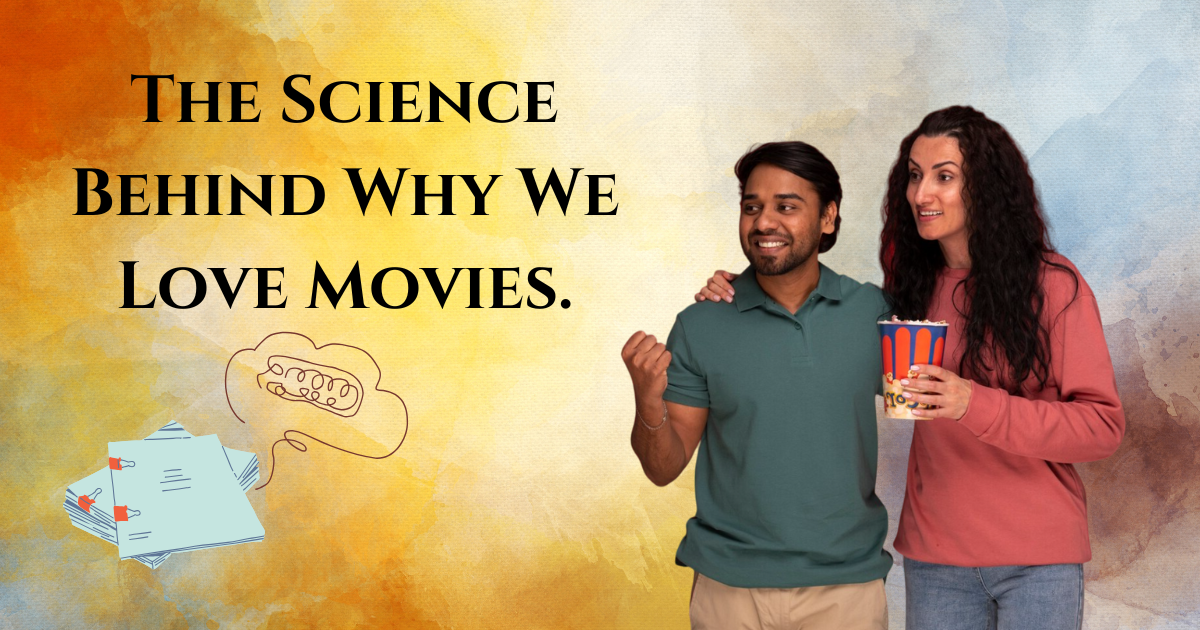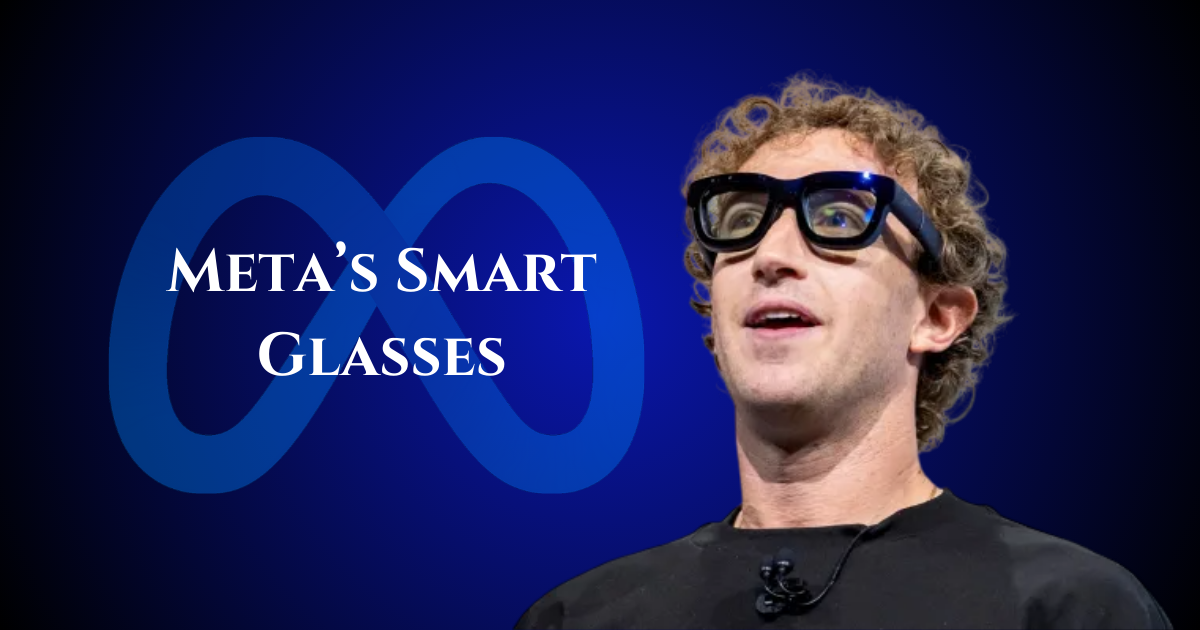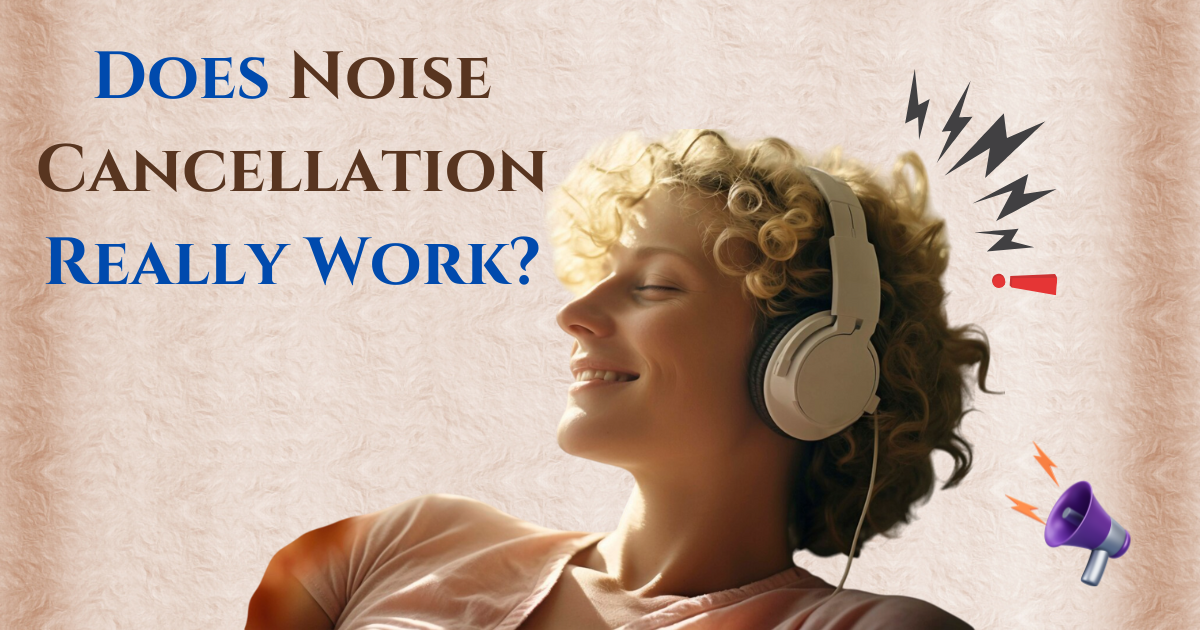What if memes aren’t just jokes—but the blueprint for tomorrow’s blockbusters? Welcome to the wild world of viral storytelling.
The Meme Isn’t a Joke Anymore
Once, memes were punchlines. Tiny, disposable jokes. But in 2030, they’re the seed of the script, the first draft of culture, and sometimes—the entire story. What starts as a 6-second viral video or a trending audio can now become a full-length Netflix original or a billion-view series on YouTube.
Memes have become the new screenwriters.
Not literally—but spiritually. They tap into emotions faster than any Hollywood trailer. And in an attention economy, that’s gold.
Short Form, Deep Impact
Platforms like TikTok, Instagram Reels, and YouTube Shorts didn’t just introduce shorter content—they rewired audience expectations. Today’s viewers crave storytelling that starts now, hits hard, and ends fast.
This isn’t about shorter attention spans—it’s about hyper-efficiency in emotion delivery. Memes compress complex ideas into 10 seconds. That’s power. And the entertainment industry took notice.
From Meme to Movie: Real Examples
- “Skibidi Toilet” started as a surreal, nonsensical meme—but its episodic format evolved into a full-blown YouTube series with lore, fan theories, and merch.
- TikTok audio trends are turning into character arcs. One viral phrase spawns a whole aesthetic, then a web series, then a product line.
Memes now build worlds, not just laughs.
AI + Memes = Scriptwriting 2.0
AI models can now analyze meme trends in real-time and predict what story formats will go viral next. Studios are feeding meme data into story engines to co-create content with the internet itself.
Imagine this:
- A meme goes viral on Thursday.
- An AI turns it into a 5-minute animated pilot by Sunday.
- By Monday, millions have watched.
No studio needed.
The Rise of Community-Driven IP
Unlike traditional scripts, memes are communal. They evolve through shares, remixes, stitches, and duets. In 2030, the “creator” of a meme might be a collective, not a single writer.
This changes everything about how stories are told—and who owns them.
A meme becomes IP.
A trend becomes a franchise.
And no one knows where it started.
What This Means for Writers and Studios
Here’s the flip: The script isn’t dying—it’s decentralizing.
Writers still matter, but now they’re meme-literate culture hackers, fluent in internet language. A Gen Z creator on TikTok has more storytelling power than a junior exec in Hollywood. Why? Because they know how to tap into collective emotion instantly.
Studios that cling to old models?
They’ll get left behind.
The Dark Side of Meme-Driven Entertainment
With speed comes risk. Meme-based storytelling can sacrifice depth for virality, or nuance for clicks. And the internet isn’t always kind—cancellation, cultural misfires, and meme fatigue are very real.
Plus, if everything becomes entertainment, what’s left to reflect on?
2030’s New Scriptwriter Is… You
In a world where a meme can birth a blockbuster, everyone is a potential storyteller. Every post, stitch, or share is a vote for what story the culture tells next.
And while Hollywood scrambles to catch up, the real power lies where it always has:
In the hands of the people.










